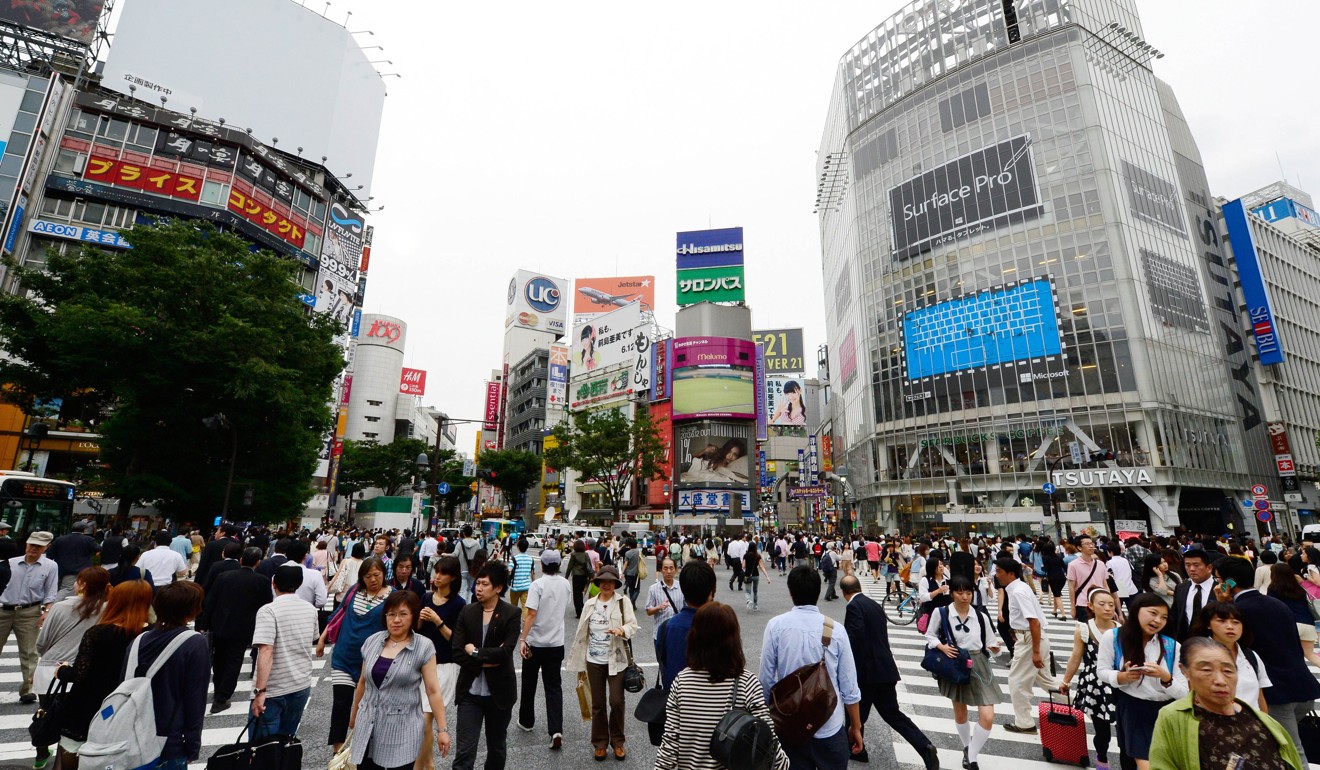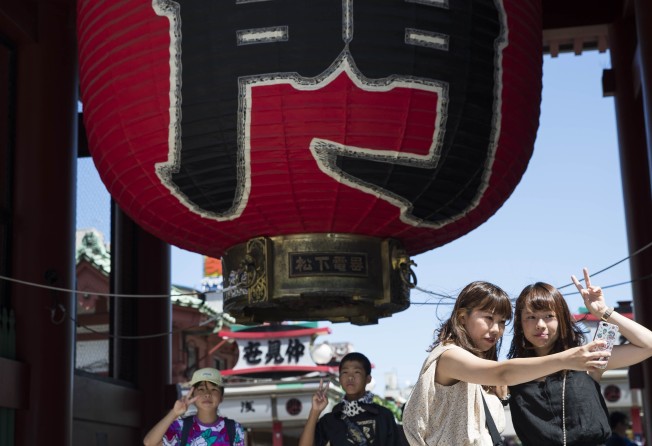
Sharp surge in rubella cases in Japan prompts travel warning from Hong Kong health authorities
- A total of 914 cases were reported in the past six weeks
- Children under one and other non-immune Hongkongers advised not to visit Japan during outbreak

Hong Kong health authorities are warning travellers to exercise caution when visiting Japan after a sharp surge in rubella cases was seen during a local outbreak.
The city’s Centre for Health Protection specified that children under one should not visit Japan, a popular holiday destination among Hongkongers, as they were not yet due for vaccination under the Childhood Immunisation Programme.
All pregnant women and women preparing for pregnancy who were non-immune to the infection should not travel to Japan during the outbreak, the centre advised. Rubella infection during pregnancy can result in abnormal development of the fetus, especially during the first trimester.
In the past six weeks, 914 cases were reported, making up most of the 1,289 cases recorded this year as of last Wednesday. Only 93, 126 and 163 cases were recorded in 2017, 2016 and 2015 respectively.
The cumulative incidence this year was highest in Chiba prefecture (37.6 cases per million population), followed by Tokyo (32 cases per million population) and Kanagawa prefecture (17.9 cases per million population).
Rubella is a highly infectious disease, with symptoms including cough, runny nose, low fever and a rash that starts on the face and spreads to the rest of the body.
The centre said the disease could be transmitted by contact with secretions from the nose and throat of infected people through droplet spread or direct contact with patients.
Immunisation is the most effective way to prevent the disease. The vaccines are usually given in a Measles, Mumps and Rubella (MMR) combined vaccine.

People who planned to go to Japan were advised to review their vaccination history and medical history, the centre said.
Those who have received a rubella-containing vaccine, have been confirmed to have rubella or have a positive blood test for rubella antibodies are considered to be immune against it. All other groups are considered non-immune.
Those who have not had a rubella vaccination, have an unknown vaccination history or unknown immunity against rubella, are advised to consult their doctors about the issue.
The centre has been liaising with the World Health Organisation and the Japanese health authority while continuing to monitor the situation.
As of Monday, the centre had recorded six cases of rubella in the city this year, involving two males and four females aged three to 65.
Children are given their first dose of the MMR vaccine at the age of one, followed by a second dose in primary one under the Childhood Immunisation Programme.
From late March, an outbreak of measles was seen in Okinawa after an infected man from Taiwan visited the Japanese prefecture. Cases were also recorded in other parts of Japan. The outbreak ended in June.